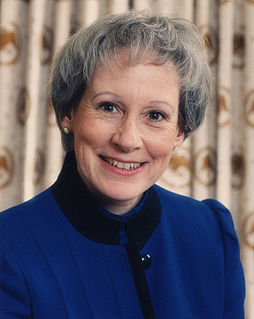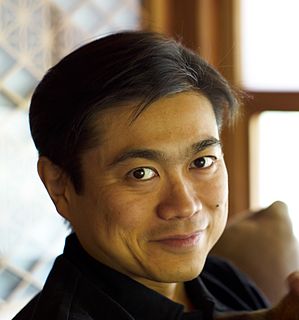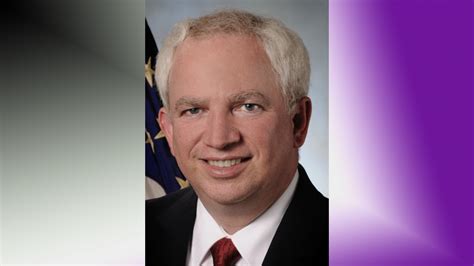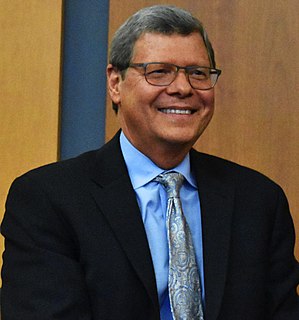A Quote by Nancy Kassebaum
Free Speech in the College Community is a very timely book written by a dedicated scholar of the First Amendment. Challenging and readable it should be studied by all academicians, students, legislators and lawyers.
Related Quotes
The First Amendment is really at the very core of political speech, and political speech is at the core of the First Amendment. So, we want to be very careful to make sure that candidates for office are free to express their views so that people will make an informed choice. We don't want them holding back, and sort of concealing their views and then disclosing them afterwards.
Because of the free speech clause in the First Amendment, which is very clear, "The government shall make no law abridging freedom of speech," and it literally is about political speech. You can say anything you want about politics, a candidate, and the government cannot stop you. And the Democrats hate that.
There is no question that under the Equal Rights Amendment there will be debates at times, indecision at times, litigation at times. Has anyone proposed that we rescind the First Amendment on free speech because there is too much litigation over it? Has anyone suggested the same for the Fourteenth Amendment I don't suppose there has ever been a constitutional amendment with so much litigation?
I think the reality is that copyright law has for a very long time been a tiny little part of American jurisprudence, far removed from traditional First Amendment jurisprudence, and that made sense before the Internet. Now there is an unavoidable link between First Amendment interests and the scope of copyright law. The legal system is recognizing for the first time the extraordinary expanse of copyright regulation and its regulation of ordinary free-speech activities.
Now I realize it's fashionable in some circles to believe that no one in government should encourage others to read the Bible. That we're told we'll violate the constitutional separation of church and state established by the Founding Fathers and the First Amendment. The First Amendment was not written to protect people and their laws from religious values. It was written to protect those values from government tyranny.
Despite the evidence that we already have too many students in higher education, the hot new idea among the political class is to double down by pushing for 'free college tuition.' The problem with the 'free college' idea is, however, not merely financial. It also reinforces the myth that college is appropriate or even possible for all students.


































